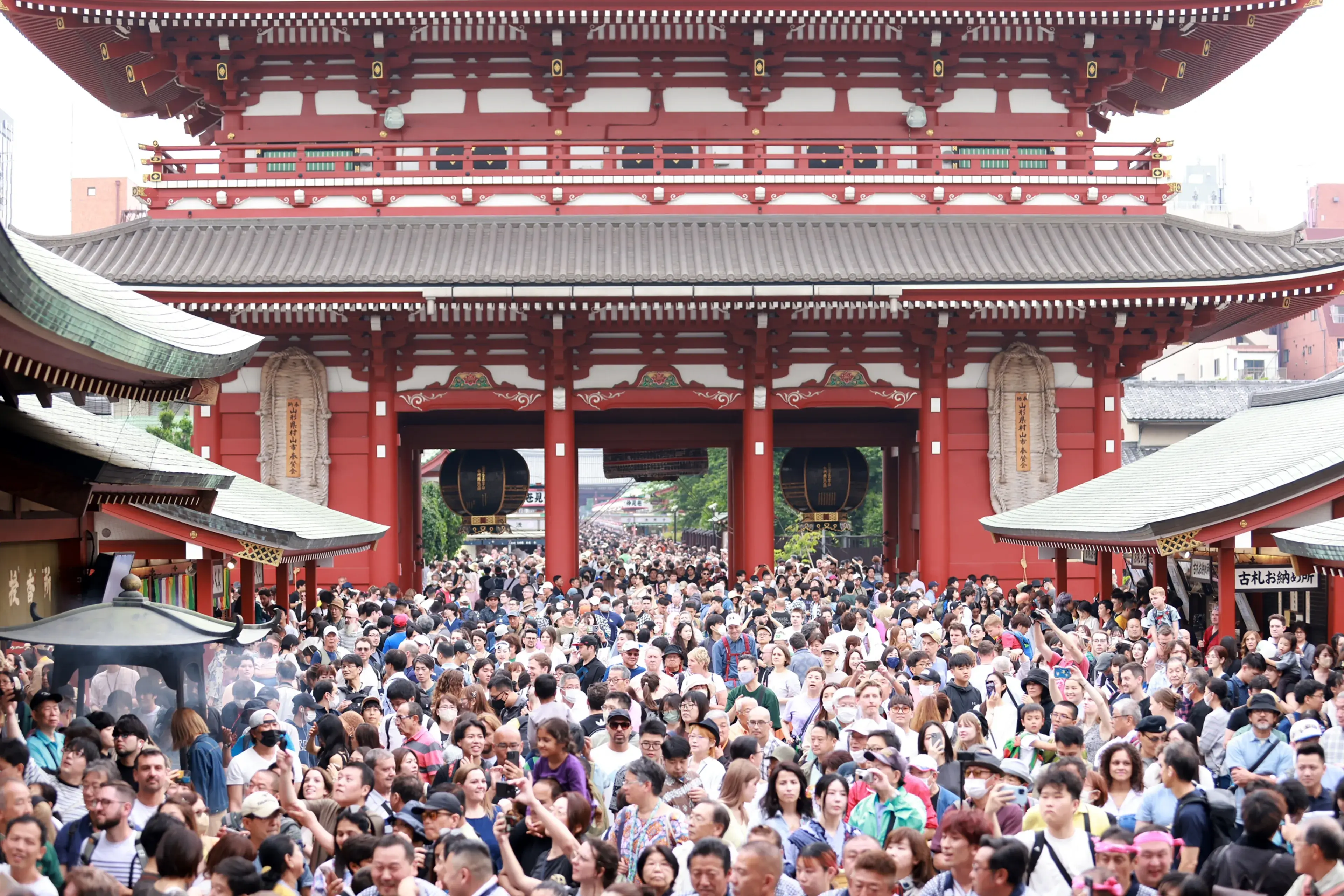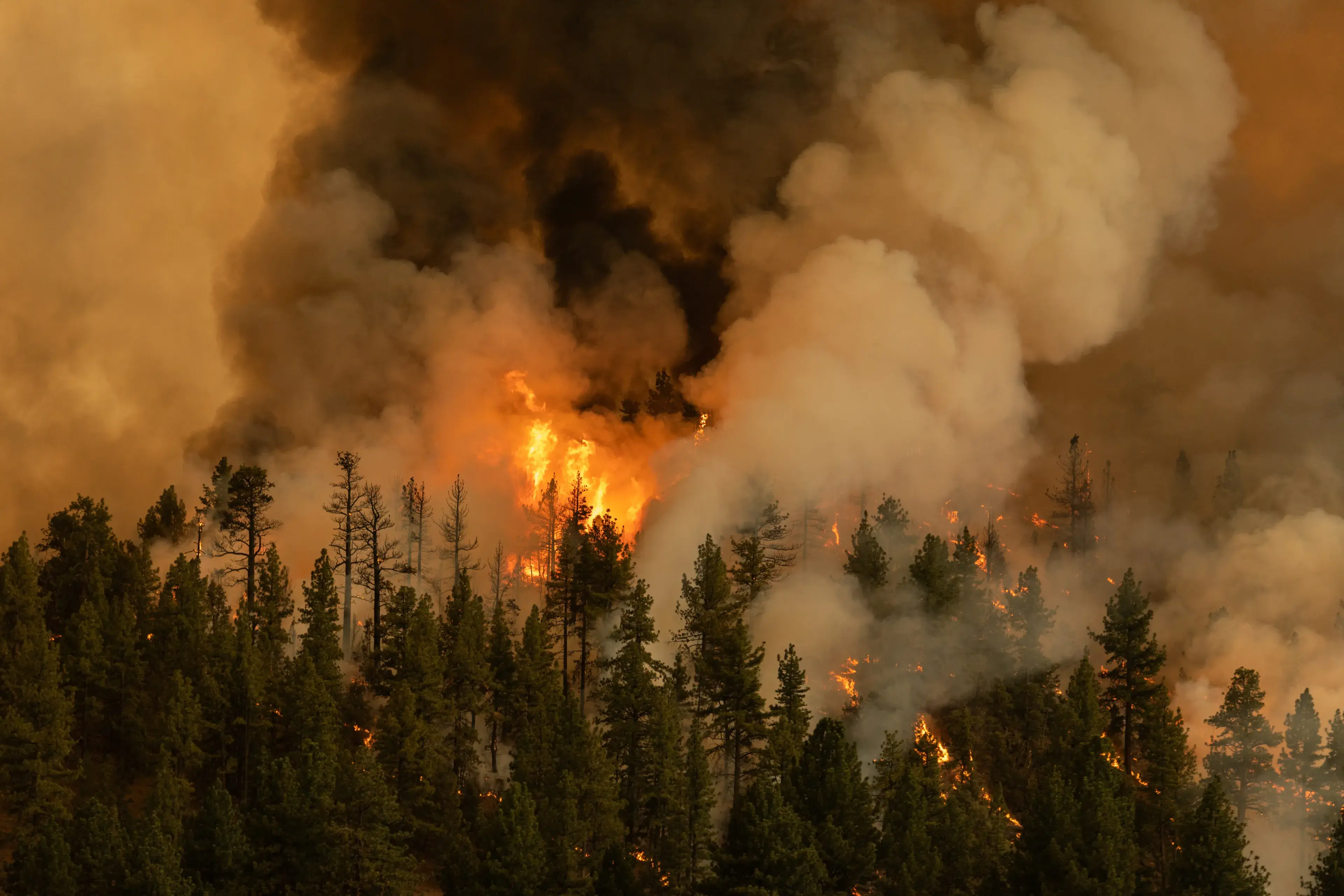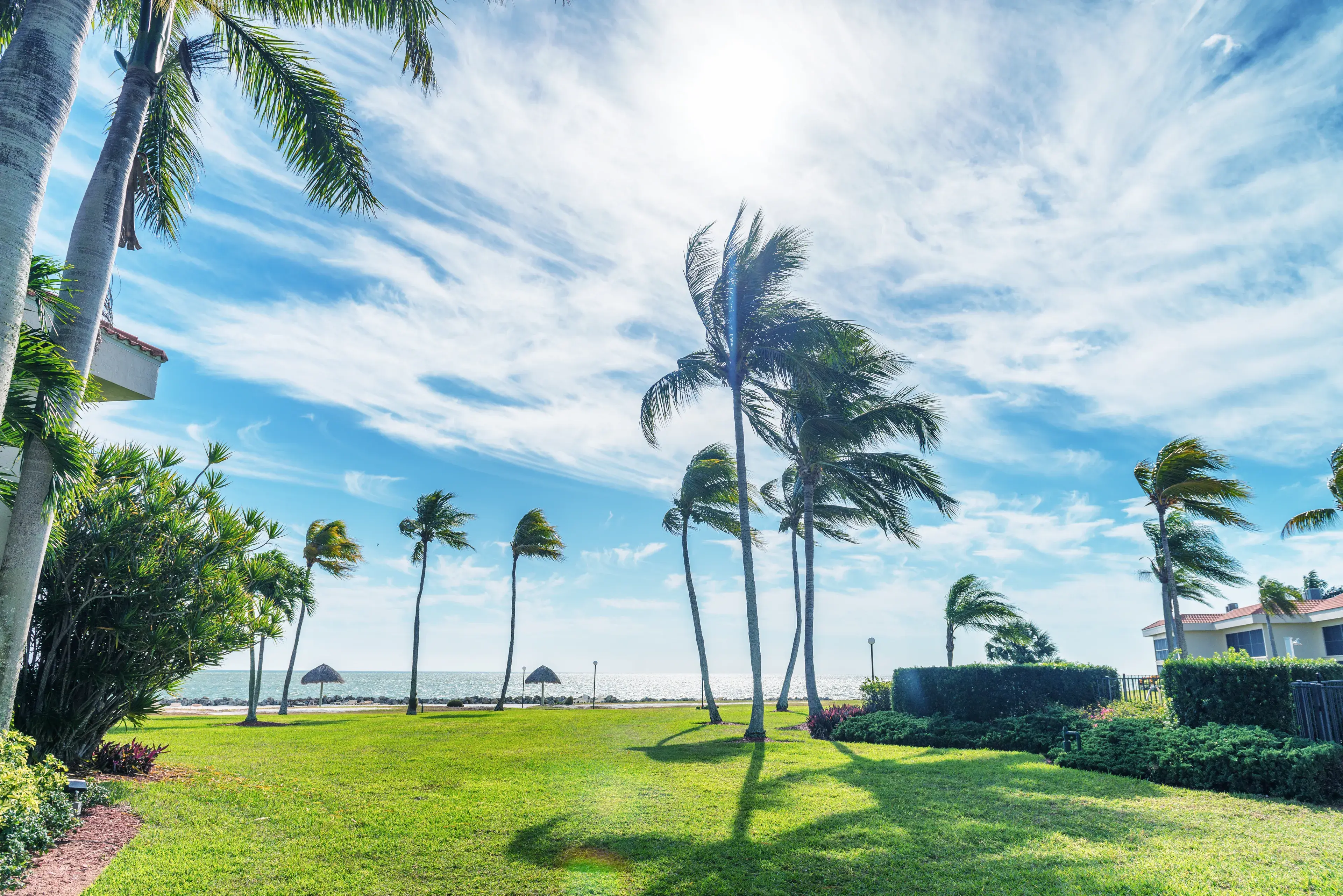
Shock Dark Tourism Trend: Millionaire Retirees Flock to War Zones for Thrills
In an unexpected twist to the post-pandemic travel boom, a growing number of affluent, well-traveled seniors are eschewing traditional holiday hotspots for destinations that most would consider off-limits. Places like Afghanistan, Iraq, and Sierra Leone are becoming unlikely additions to the bucket lists of adventurous baby boomers, despite official travel warnings.
David Smyth, a NSW-based travel agent specializing in unique itineraries, has observed this "strange and unexpected" trend among his clientele. His company, Forward Travel, began offering tours to these high-risk destinations just a year ago, responding to a niche but growing demand.
"These are people who have done it all," Smyth explains. "They're not asking 'What can we get for $5000?' They're saying 'I want to see that, what's it going to cost me?'" The typical dark tourist, according to Smyth, is a semi-retired or retired Australian in their 60s or 70s, with both the time and financial means to pursue these unconventional travel experiences.
The appeal lies not in luxury accommodations or carefully curated experiences, but in authenticity and escape from overtourism. These travelers are history and culture enthusiasts, often drawn to destinations they've long wanted to visit but couldn't due to past conflicts or political instability.
Smyth's own experience in Iraq left a lasting impression. "They were the friendliest people, most welcoming," he recounts. "They're just so happy Westerners are wanting to visit their country and not invade it or steal their artifacts."
However, this trend comes with significant risks. Both Iraq and Afghanistan carry "Do Not Travel" advisories from the Australian Department of Foreign Affairs and Trade, citing threats of terrorism, armed conflict, and kidnapping. Sierra Leone, while less severe, still warrants a "Exercise a High Degree of Caution" warning.
The dangers are real. In May, a deadly attack on tourists in an Afghan market killed six people, including three Spanish tourists, and injured an Australian. Such incidents highlight the volatile nature of these destinations.
Travel insurance becomes a major hurdle for these high-risk trips. Smyth's company works with Global Rescue, a service that provides emergency medical and evacuation coverage, though it doesn't cover more common travel mishaps like lost luggage.
Dr. David Bierman, an expert in tourism risk management, notes that this phenomenon isn't entirely new. "We have a whole genre which is called dark tourism or 'Thanatourism', where people go to places where terrible things have happened," he explains. Bierman suggests that for some, official travel warnings may even increase the allure of a destination.
As mainstream tourist hotspots grapple with overcrowding, this niche form of travel offers a stark alternative. While it remains a small segment of the market, the growing interest in these high-risk destinations reflects a broader desire among experienced travelers for unique, authentic experiences – even if they come with a hefty price tag and significant personal risk.


Adventure Travel
Labor Day Travel Shakeup: Orlando Dethrones Seattle as America's Top Getaway!
August 21, 2024

Adventure Travel
Scientists Reveal Secret Weapon to DESTROY Jet Lag and TRIPLE Your Vacation Enjoyment!
August 22, 2024

Adventure Travel
Fire Blocks Golden Gateway: Travelers, Steer Clear of Nevada-California Border!
August 13, 2024

Adventure Travel
Paradise overwhelmed: Santorini drowns in sea of tourists as locals fight for breathing room
July 29, 2024

Adventure Travel
Is Barcelona Safe for Travelers?
July 22, 2024

